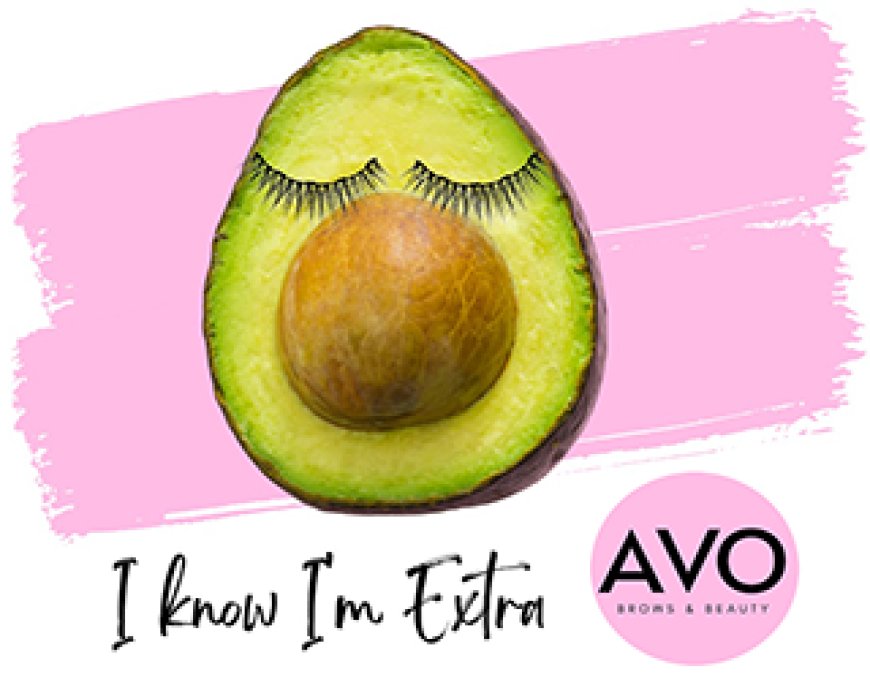How To Select The Perfect Online Trading Platform For Your Trading Goals?

Selecting the ideal online trading platform is essential for anyone aiming to achieve consistent results in the markets. The perfect choice depends on how well a platform aligns with your trading style, goals, and the specific features you need. Whether someone is looking for advanced charting tools, tight spreads, or intuitive navigation, the right platform will directly impact overall trading success.
Evaluating an online Forex trading broker also involves considering the platform’s speed, available markets, and educational resources to ensure a well-rounded experience. Comparing costs, available research tools, and even the availability of social trading options can provide a major advantage for both beginners and seasoned traders. For those interested in maximizing their trading tools and accessing social features, exploring a platform that offers powerhouse options can make a significant difference.
Key Takeaways
- Identify what tools and features match your personal trading needs.
- Weigh costs, usability, and additional resources before choosing.
- The right platform can improve efficiency and results.
Key Factors In Choosing The Right Online Trading Platform
Selecting an online trading platform requires careful examination of trading needs, platform security, and daily usability. Each aspect directly influences a trader’s success, whether they pursue long-term investing, day trading, or swing trading.
Aligning Platform Features With Your Trading Goals
A trader must first identify their trading style and investment goals, as different platforms are built to support specific needs. For example, day traders benefit from platforms with high-speed execution, access to real-time data, and a wide variety of order types. Long-term investors may prioritize analytical tools, research resources, and account management features instead.
The type of account you choose is important. Some platforms offer margin accounts for trading with borrowed money, while others have basic cash accounts or specialized accounts, such as IRAs. Many platforms also let you customize the layout, use a mobile app to trade anywhere, and practice with a demo account. It’s also good to check the minimum deposit so you can find a platform that fits your budget and how often you want to trade. Comparing these features can help you pick a platform that matches your goals and style.
Assessing Security And Regulatory Compliance
Security measures should never be overlooked. Platforms must use strong encryption to protect personal data and implement two-factor authentication for account access. Regulatory oversight by bodies such as the Securities and Exchange Commission (SEC), the UK’s Financial Conduct Authority (FCA), the Australian Securities and Investments Commission (ASIC), or the Cyprus Securities and Exchange Commission (CySEC) demonstrates adherence to established standards and reassures traders about the safety of their accounts.
It’s important to verify that a trading platform complies with these regulations before opening any account. Platforms typically display regulatory information clearly on their sites. Keeping funds in well-regulated environments significantly reduces the risk of fraud or loss. Awareness of these aspects allows traders to prioritize safety when making their conclusions.
Evaluating Platform Usability And Interface
A user-friendly interface enhances the trading experience, allowing traders to focus on analysis and order placement rather than navigating complex interfaces. The best online trading platforms offer intuitive menus, easy access to tools, and visually clean dashboards. Customizable features, such as adjustable chart layouts, further enhance usability, particularly for traders who rely on specific indicators or multi-screen setups.
Assessing the availability of demo accounts can reveal whether a platform’s user interface meets expectations before real money is at stake. Responsive mobile trading apps are crucial for those who manage trades on the go, ensuring efficient and reliable execution from any device. User experience can ultimately determine how quickly and efficiently trading decisions are made, which is crucial for success.
Comparing Costs, Tools, And Additional Resources
Evaluating an online trading platform requires a careful look at total trading costs, the quality and scope of provided tools, and the diversity of available assets. These factors directly impact profitability, ease of use, and flexibility in executing different trading strategies.
Analyzing Fee Structures And Commissions
Fee structures vary widely among online brokerages. Most platforms now provide $0 commissions on stock and ETF trades, but there are still charges for options contracts, mutual funds, and futures. It’s important to compare the full schedule of fees, including per-trade charges, spreads on forex and CFD instruments, and margin rates if leverage is used.
Some brokers also have inactivity fees, withdrawal charges, or require minimum deposits for certain account types. Traders using advanced strategies should also consider the costs associated with trailing stops, order modifications, or direct market access. For active traders, order execution speed and reliability are vital. Low costs are meaningless without competitive execution, as delays or slippage can deteriorate profits. That’s why comparing published execution data or order fulfillment reviews is necessary.
Access To Asset Classes And Investment Products
A broad selection of asset classes is essential for effective portfolio diversification and informed strategy development. Top platforms provide access to a wide range of investments, including stocks, bonds, ETFs, mutual funds, commodities, cryptocurrencies, indices, and even less common instruments such as forex pairs and derivatives.
The availability of specialty products like leveraged ETFs, options with advanced order types, or even direct IPO participation can further distinguish one broker from another. Always verify asset availability before opening a brokerage account to ensure it aligns with your specific trading goals.
Conclusion
Selecting an online trading platform should match the trader’s unique goals, trading style, and support needs. Fees, trading tools, and account features all play a role in choosing the right platform.
Prioritizing flexibility, usability, and transparent pricing offers a solid foundation for effective online trading. Traders benefit from a thoughtful approach focused on long-term compatibility and essential platform benefits.
The post How To Select The Perfect Online Trading Platform For Your Trading Goals? appeared first on Entrepreneurship Life.












